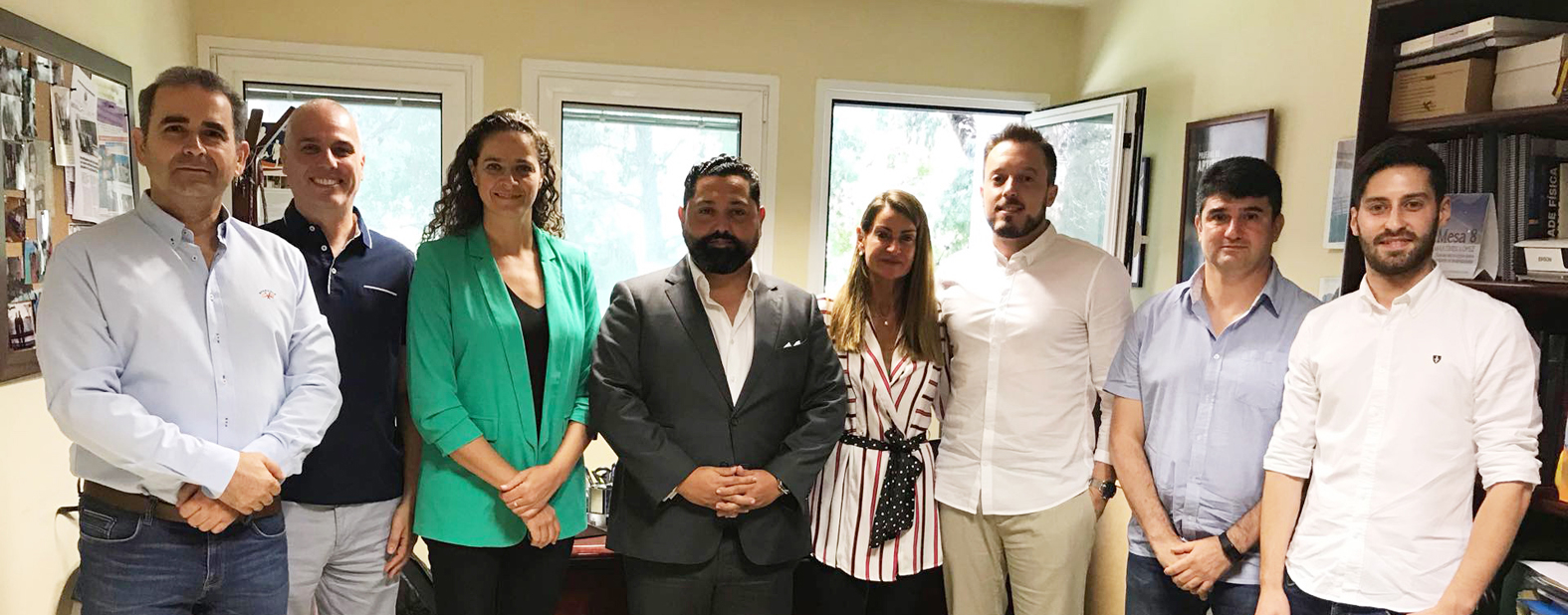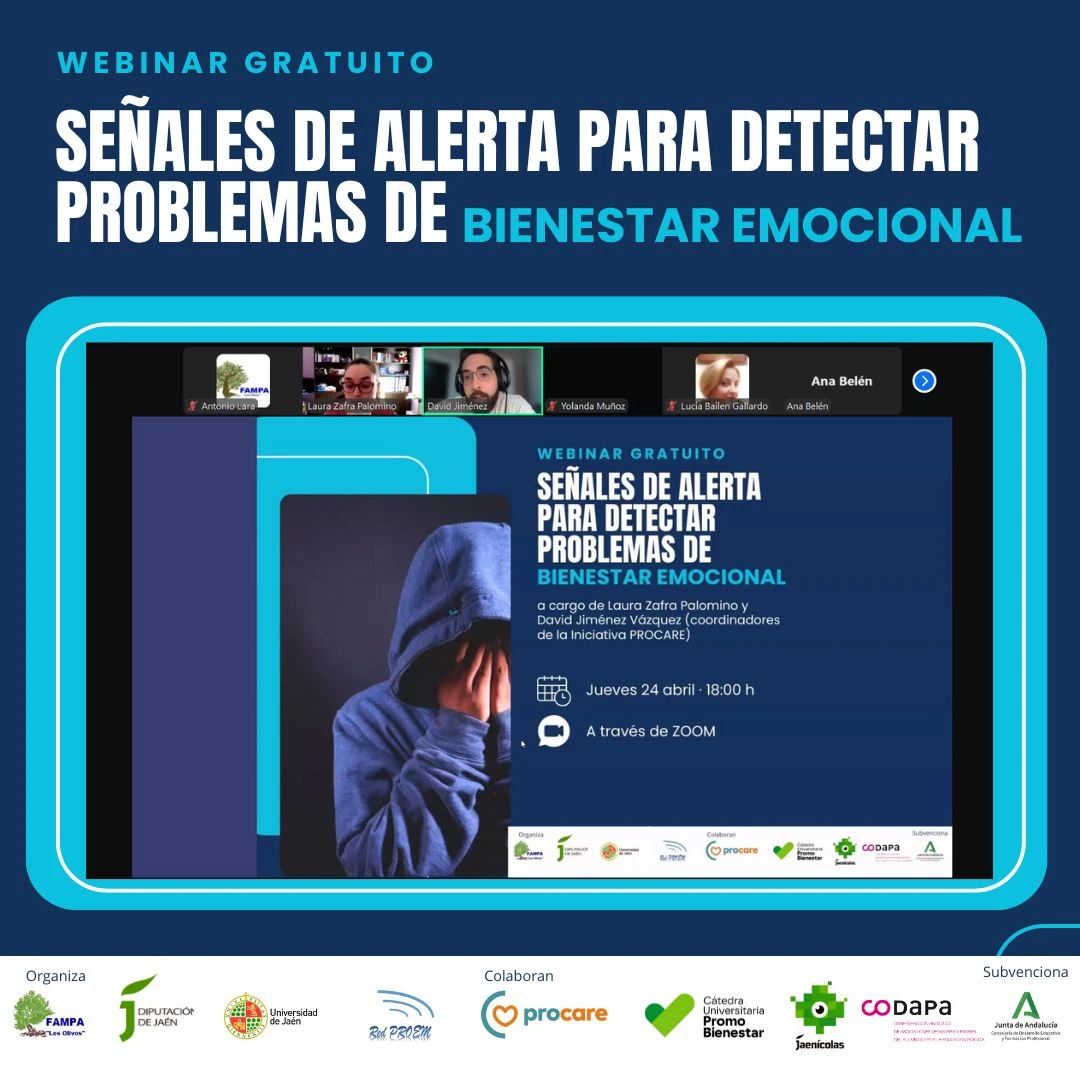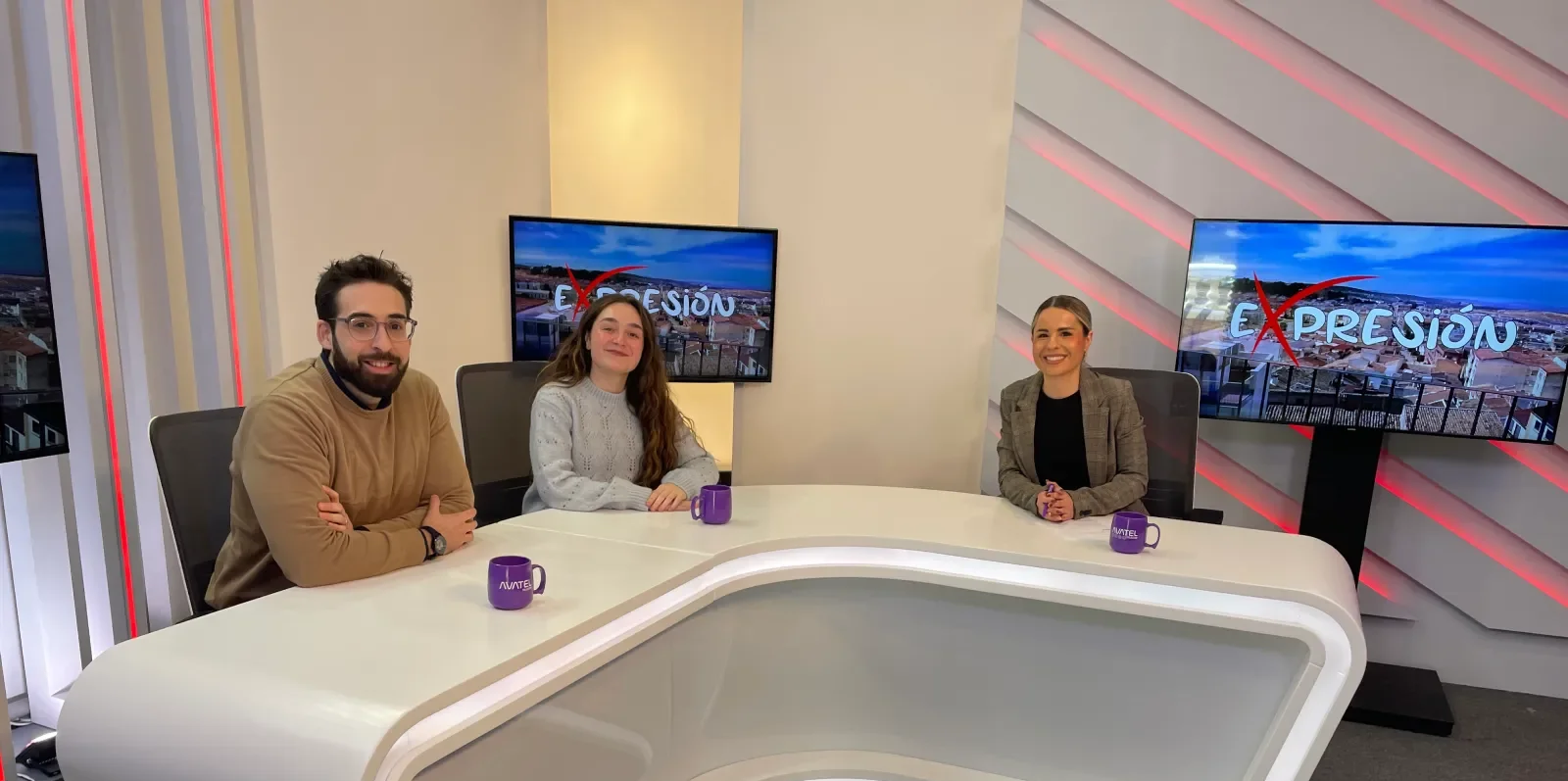They will collaborate in implementing more class hours to Physical Education in schools as well as improving the prevention, early detection and intervention of emotional problems via a possible Non-legislative Proposal
21/06/2019.- Members of the University of Jaén (UJA) research group “Physical Activity Applied to Education and Health” (AFAES) and the PI of the PROEMA network met at the UJA campus with José María Arrabal, Secretary General for Sport of the Regional Government of Andalusia, and María de Nova and Isabel Sánchez, heads of the Directorates-General for the Promotion of Sport, Healthy Habits and the Sporting Network and of Planning, Facilities and Sporting Events, respectively, to discuss a collaboration with the Ministry of Education and Sport in promoting more class hours to Physical Education in primary and secondary schools and in the need to invest in adolescent emotional well-being.
“The youth of today are becoming increasingly more sedentary and do less physical activity”, highlights Emilio J. Martínez, director of the research group. “This situation comes as very bad news because we are seeing more cases of obesity and diabetes, as well as other mental health problems which have an impact at an emotional level, such as bullying, anxiety and depression”, he adds. For this reason, the Regional Government of Andalusia is looking at ways to increase the number of hours allocated to Physical Education per week in primary and secondary schools. “It is important to reduce the rates of physical inactivity and encourage physically active young people, in order to take full advantage of the positive effects that physical activity has on cognitive ability (attention, concentration, creativity, emotional intelligence, numeracy and reading comprehension) and learning across all stages of education”, explains Emilio J. Martínez.
The proper use of electronic devices and exergames is a key factor when it comes to encouraging physical activity, and this must be harnessed from a teaching perspective. The researcher Alberto Ruiz adds: “Young people today are digital natives and Physical Education teachers need to adapt to these changes, providing alternative options and programmes to promote school and out-of-school physical activity, instead of prohibiting their use”.
Another important aspect is parental support towards children’s physical activity and the need for cooperation with schools regarding the control and proper use of mobile phones. “Both mothers and fathers have expressed concern about how their influence on their children’s attitudes towards and practice of physical activity has dwindled. Some of the physical, psychological and relational benefits of parent–child joint physical exercise have been threatened by the upsurge and excessive use of digital devices” states researcher Manuel de la Torre. He goes on to add: “Practically all apps out there today do not take mothers, fathers or families into consideration, meaning that the protagonist is restricted to the young user. “It is essential that the designs of applications aimed at promoting physical activity take into account the opportunities for joint participation by parents and children”.
The Ministry of Education and Sport is of the view that Physical Education in Andalusia must be transversal in young people’s all-round education, given that physically active children today will enjoy a healthy lifestyle in the future and will make greater use of their learning. “This commitment to increasing the weekly hours for this subject is a deeply important educational challenge that would bring young Andalusians closer to the standards of more advanced European countries”, states María de Nova.
During this working meeting, the need to invest in adolescent emotional health and well-being was also discussed. Luis Joaquín García, lecturer with the Department of Psychology at the UJA and PI of the PROEMA network, presented the main lines of action outlined in the report and roadmap drawn up by the network, which addresses the state of the art, needs and recommendations for improving psychological assessment and promoting mental health and emotional well-being in young people, to representatives of the Regional Government of Andalusia.
Luis Joaquín García highlighted the need to promote emotional health and well-being in young people. There was consensus that adolescence represents a vital stage for carrying out interventions which should cover all stages of prevention: from the universal (physical activity, nutrition and sleep habits) to the selective and indicated, by implementing screening, early detection and evidence-based intervention protocols.
As such, he invited representatives of the Ministry for Education and Sport to consider the presentation of a Non-legislative Proposal (Proposición No de Ley (PNL)) for promoting healthy habits within the framework of preventing emotional problems in pursuit of adolescent emotional well-being, in line with the two Non-legislative Proposals already registered with the Congress of Deputies. The Ministry team has committed to following the approach taken at a national level with the aforementioned proposals and has agreed to study the initiative in the context of Andalusia.
“To quote one of the slogans featured in the PROEM network’s report, ‘There is no future without emotionally healthy adolescents’, support from public institutions and administrations is crucial in order to contribute towards improving psychological assessment and promoting emotional well-being in young people through the use of specific measures”, argues Luis Joaquín García.


